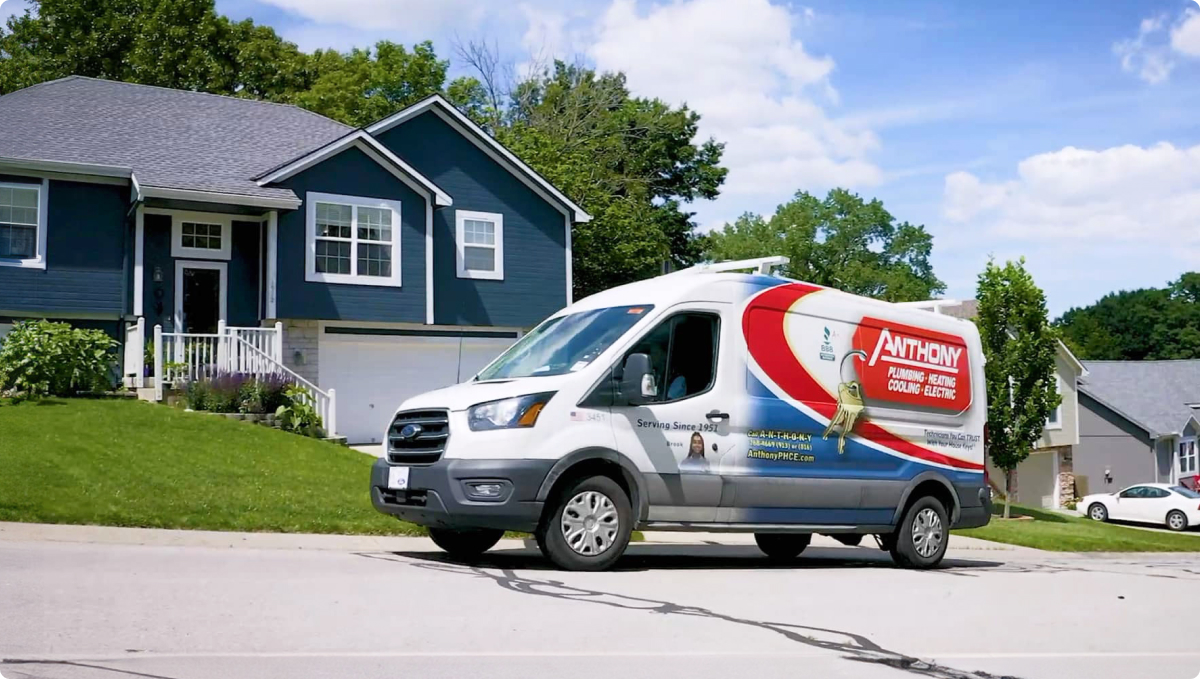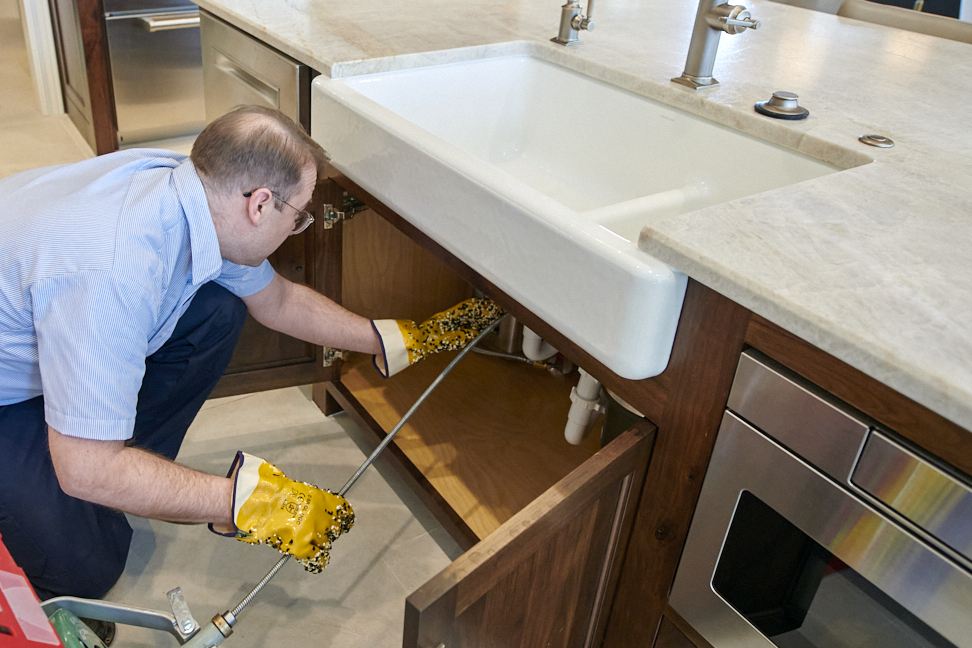Commons Heat Pumps Issues In Cold Weather

As winter sets in, your heat pump becomes a crucial part of your home’s comfort. It’s incredibly stressful when it starts having issues in cold weather. Sometimes, these problems can be simple fixes. There are other times when they require professional attention.
Some typical problems that can occur in the winter include:
- Ice Build-up: It’s normal for some ice to form, but excessive build-up can indicate a problem.
- Heat Pump Not Heating: In extreme cold, this appliance’s air handler may struggle to extract heat from the outside air. The cold indoor air cannot be pushed out and the frigid outside air cannot be adequately warmed up.
- Strange Noises: Loud noises can signal mechanical issues or ice on the outside of the unit.
- Frequent Cycling: This might indicate a problem with the thermostat or device itself. When your heat pump is running constantly, that could indicate a problem.
If you’re facing any of these problems or a complete shutdown of your heat pump system, then it’s time to start looking into solutions.
DIY Troubleshooting Tips
Not all of your common heat pump problems can be resolved without professional intervention, but some can. Here’s what homeowners can do if they’re facing a heat pump issue:
- Check the Thermostat Settings: Ensure it’s set correctly for heating.
- Inspect Filters: Clean or replace dirty filters to improve airflow.
- Remove Ice: Gently remove ice build-up from the unit.
- Check for Obstructions: Ensure nothing is blocking the outdoor unit.
- Check The Circuit Breaker: If your heat pump isn’t powered on, check the circuit breaker to see if power is being sent to the area of your home that it is connected to.
How Is My Heat Pump Supposed To Work In The Winter?
Heat pumps are versatile systems that provide both cooling in the summer and heating in the winter. Here’s how they work during the colder months:
In winter, a heat pump reverses the process it uses in the summer. Instead of extracting heat from the indoor air and releasing it outside, it extracts heat from the outdoor air and moves it inside. Even in cold weather, outdoor air contains some heat. The heat pump’s outdoor unit uses a refrigerant to absorb this external heat.
Once absorbed, the refrigerant is compressed, which increases its temperature. This hot refrigerant is then circulated through the system to the indoor unit, where it releases its heat, warming the indoor air. The now-cooled refrigerant cycles back outside to repeat the process. This cycle continues until the desired indoor temperature is achieved.
A key aspect of a heat pump’s operation in winter is its efficiency. Heat pumps are generally more energy-efficient than traditional heating systems because they move heat rather than generate it.
Cold Temperatures and Your Heat Pump’s Efficiency
As the outdoor temperature drops, their efficiency can decrease. This is because extracting heat from extremely cold air requires more energy. Some models may struggle to provide sufficient warmth in very cold climates, at which point supplemental heating may be needed.
Another important component of a heat pump in winter is the defrost mode. When the outdoor unit accumulates frost, the system temporarily reverses back to cooling mode to warm the outdoor coils and melt the frost. During this cycle, the system may provide less heat or use auxiliary heating to maintain indoor comfort.
Maintaining Your Heat Pump To Prevent Issues
Regular maintenance is key for your heat pump, especially in winter. Here’s a detailed look at what this involves:
- Checking Refrigerant Levels: The refrigerant is crucial for transferring heat. Low levels could mean there’s a leak or other issues. Proper levels ensure efficient operation.
- Cleaning and Inspecting Coils: The outdoor and indoor coils need to be cleaned to transfer heat effectively. Dirt or debris can block this process, making your system work harder and less efficiently.
- Verifying System Cycling: Your heat pump should turn on and off at regular intervals. If it’s cycling too fast or too slow, it might indicate a problem with the thermostat or internal components.
- Inspecting Electrical Connections: Loose or damaged electrical connections can be dangerous and cause your system to malfunction. A technician will ensure these connections are secure.
- Checking the Thermostat: The thermostat should respond accurately to your settings. If there’s a discrepancy, it could be a sign of a faulty thermostat or a communication issue with the heat pump.
- Inspecting Ductwork and Vents: Blocked or leaky ducts can reduce the efficiency of your heat pump. A technician will check for any obstructions or leaks and ensure proper airflow.
- Evaluating Overall Performance: This includes checking for unusual noises or vibrations and ensuring the system provides adequate heating.
Understanding how a heat pump operates in winter is vital for homeowners familiar with its summer function. Recognizing that it works by transferring existing heat rather than generating new heat can help in appreciating its efficiency and limitations in colder weather.
When to Call An HVAC Technician
Professional heating technicians bring a level of experience that is needed for accurately identifying and resolving problems with your heating. They can ensure that all parts of your heating system, including the electrical connections and refrigerant levels, are in the best condition possible. Here are just a few of the key issues that should be addressed as soon as possible by a heating and cooling professional:
- Persistent Issues: If problems persist after basic troubleshooting, it’s time to call a professional.
- Electrical Problems: Issues like faulty wiring require a professional’s expertise.
- Refrigerant Leaks: Only a trained technician should handle refrigerant issues.
- Higher energy bills: When your usage habits haven’t changed but your energy bills skyrocket, this could indicate a greater issue with your furnace or heat pump. It’s a good idea to contact a heating professional.
While it’s beneficial to understand the basics of furnace and heat pump maintenance, recognizing when to call in a professional is crucial. They not only fix the immediate problem but also help in maintaining the longevity and efficiency of your heating system.
Seeking professional assistance ensures that your furnace or heat pump operates safely and effectively, providing peace of mind and comfort during the colder months.
Discover Excellent Heat Pump Services in Kansas City
Make sure your heat pump works this winter. Whether you require repairs or looking to upgrade from an older air source heat pump to something more efficient, turn to Anthony Plumbing, Heating, Cooling, & Electric. Our team offers comprehensive services to ensure your heat pump operates efficiently, even in the coldest weather. From routine maintenance to emergency repairs, we have the skills and experience to address any heat pump issue.
Our focus on energy efficiency means helping you keep your heating costs down while ensuring your home stays warm. Plus, our availability 7 days per week means you’re never left in the cold. Trust our team with Anthony Plumbing, Heating, Cooling, & Electric for reliable, efficient heat pump services in Kansas City.




